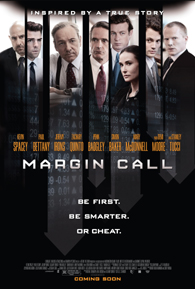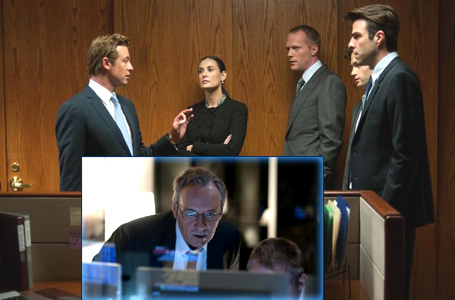
So what on earth can Hollywood make in light of the 2007 financial crisis? The documentary-trained JC Chander has a good idea. I dare say it's the only one left that it hasn’t tried – to dispassionately analyse what went wrong while jettisoning all that moral outrage, righteous indignation, and eschewing portrayals of finance types as cackling baby-eating monsters plotting from financial turmoil in the markets and then profiting from the fallout. In other words – a true procedural that unearths what went wrong, and attempts to give a more sympathetic and accurate portrayal of the strange culture of top investment bankers.
Margin Call's A-list cast inhabit an unnamed investment bank that is not Lehman Brothers. In the aftermath of the firm's massive layoffs (presumably done every few years as a tradition to keep its talent fresh and strong), an analyst (Zachary Quinto) inherits an almost completed project from his recently fired boss, does the math, and finds the global market for complex investment instruments on the edge of imminent collapse.
What follows unfolds like a procedural set in an investment firm instead of a police headquarters. As the top honchos at the firm scramble in emergency mode, are flown in private helicopters to hold secret late night/early morning meetings, Chander's script evokes not just a sense of impending doom but also their collective impotence and helplessness, as well as give us a sympathetic and at times humorous glimpse of the really existing corporate culture of investment firms instead of lazily painting them as baby-eating monsters.
The A-list cast take turns to deliver unforgettable lines and chew up the scenery, making Margin Call one of the best Wall Street movies ever made.
(In case you're wondering: Margin Call has been cut in Singapore due to profanities. To be more precise, the censorship board cut out one instance of Penn Badgley's character uttering "Jesus F***ing Christ". Everyone else swears in healthy amounts in this film and they aren't edited.)

